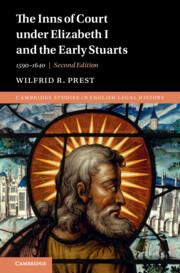Starting in the late nineteenth century, the teaching profession became increasingly feminized. This article examines the results of this process, exploring the working and living conditions of rural female primary school teachers with a focus on the experiences of loneliness, harassment, and violence that they suffered in early twentieth-century Sweden. By investigating the public debate on these issues 1900–1940, we found that two main threats to the well-being of female teachers were identified: isolation and the threat of male violence. Male politicians as well as female authors and teachers acknowledged that female teachers faced loneliness, anxiety, and possible threats from violent men. The consequences of these threats were both emotional and practical, but the debate focused to a large extent on practical solutions such as providing the teachers with telephones, guard dogs, or weapons.

